Cultivating Tomorrow: Nurturing Agribusiness Innovation for Sustainable Growth

Introduction
SenzAgro, a dynamic and innovative firm rooted in Sri Lanka, is at the forefront of applying digital technologies to transform rural landscapes, with a special focus on the agriculture sector. In essence, SenzMate stands as a cutting-edge precision agriculture ecosystem, set to benefit 500 million smallholder farmers worldwide.
One of SenzAgro's notable successful projects was the collaboration with the World Food Program (WFP) on the "Driving Innovation for Agribusiness Development" project. This initiative was a testament to SenzMate's commitment to leveraging technology for positive change. The primary objective of the project was to empower the youth in five key districts of Sri Lanka named Batticaloa, Matale, Mannar, Mullaitivu, and Monaragala. The focus was on encouraging innovation and entrepreneurship within the agribusiness sector, creating a ripple effect of positive change in rural communities.
Business Case
The business case for this initiative emerged from a recognition of the critical need for innovation in the agribusiness sector. A thorough analysis revealed a significant knowledge gap among the youth in Sri Lanka, particularly concerning modern agribusiness practices and digital technologies. In response, we crafted a business case centered around empowering individuals to contribute meaningfully to the growth of the agricultural landscape.
Solution
Our solution took shape as a thorough three-day training program, thoughtfully put together to cover a variety of topics essential for agribusiness success. Participants explored the details of the agriculture value chain, had hands-on experiences with the latest digital agriculture technologies, and took part in sessions on agro-entrepreneurship and startup pitching. This comprehensive approach aimed to inspire participants to turn their new knowledge into practical business ventures.

Actions Taken
For each session, we aimed for a minimum of 50 participants who met specific criteria. Participants completed a Google form with their details, including university and college agriculture students with a qualification of NVQ 4 and above, aged between 18-40. We strived for a balanced representation, ensuring 50% of participants were female. Additionally, we actively encouraged the participation of SMEs, entrepreneurs from local regions, and AI and extension officers from the respective district agrarian or department of agriculture. Also, we listed 4-6 resource persons with a minimum of 5 years of experience in relevant industrial or academic fields for each session. This approach guaranteed a diverse and collaborative learning experience.
The sessions included hands-on training with precision agritech sensors, field-level technologies, and industrial-standard spraying drone pilots. Some sessions involved lectures with Q&A, while others included indoor activities to reinforce participant understanding.
To ensure an effective learning environment, venues were selected in formal buildings with adjacent farm areas for practical demonstrations. Locations were chosen away from defense areas to facilitate drone flights, and formal permissions were obtained for drone demonstrations.
During the “Day 1”, we focused on modern agribusiness and entrepreneurship training. The topics included the agriculture value chain, stakeholder roles, case studies of successful practices, and insights into global agribusiness opportunities. The day ended with a step-by-step guide on entrepreneurship disciplines.
“Day 2” featured hands-on demonstrations of digital agriculture technologies and insights into the global agritech sector. The session included introductions to digital platforms, video demonstrations, and case studies. Participants engaged in practical demonstrations, exploring precision agriculture equipment and sensors, with a focus on SenzAgro DiGi plant Sensor nodes and mobile platforms.
The “Day 3” concluded with collaborative teamwork, where participants designed startup concepts from scratch and presented their pitches, encapsulating the essence of innovation and entrepreneurship in agribusiness.

Results
Our initiative has made a significant impact, perfectly in line with our goals. Participants gained a strong comprehension of modern agribusiness practices, digital technologies, and entrepreneurship, enhancing their overall agribusiness skills. The program sparked creativity and problem-solving, encouraging an innovative culture among participants. Notably, several individuals took the initiative to launch their agribusiness ventures, making noteworthy contributions to the local economy. Additionally, our emphasis on precision agriculture technologies and sustainable practices increased awareness and adoption of environmentally friendly approaches, promoting a more sustainable and environmentally aware mindset within the community.

Other Blogs

2024-04-19
Cultivating Tomorrow: Nurturing Agribusiness Innovation for Sustainable Growth
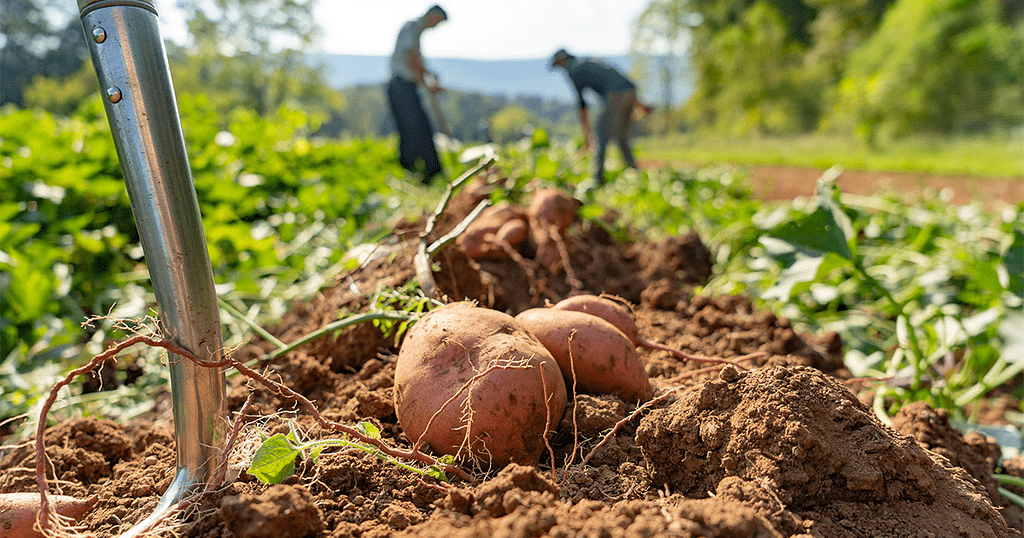
2022-08-06
Promoting Digital Agriculture Technologies among rural farmers in Ecuador
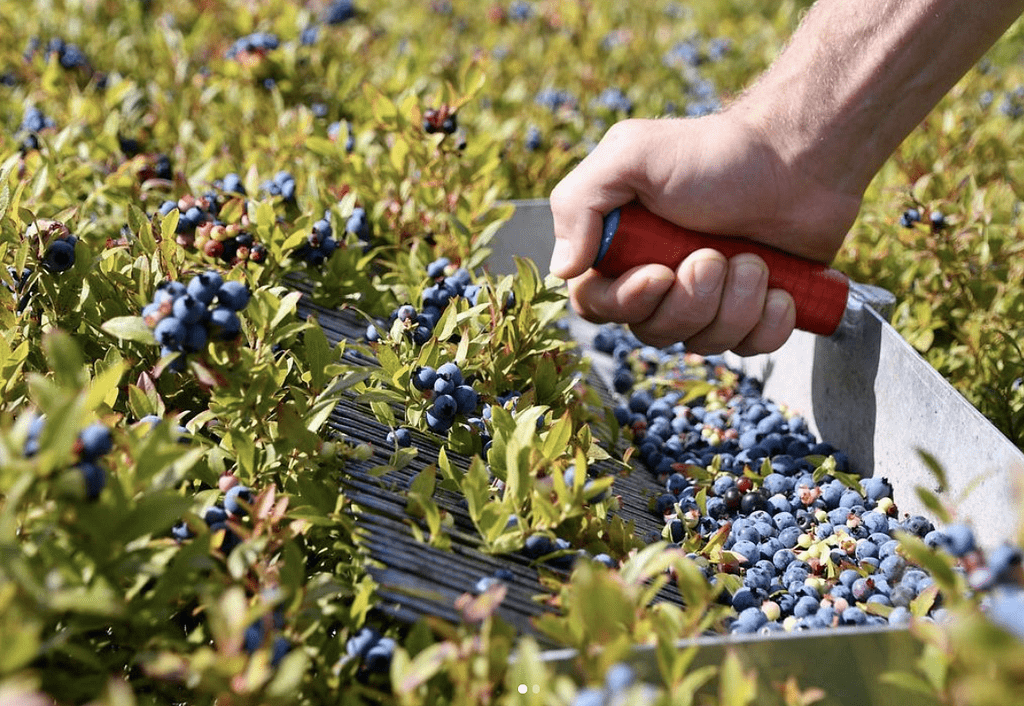
2022-08-06
SenzAgro’s Precision Agriculture Technologies in Japan Blueberry Farming

2022-08-06
Maintaining the Optimum Growing Environment for Scotch Bonnet with SenzAgro’s Technologies

2022-08-06
Disease Prediction in Cinnamon Cultivation with SenzAgro’s Agricore Intelligence Platform

2023-08-07
Importance of Irrigation management in the production of coconuts and toddies

2023-08-07
Utilize IoT technologies to enhance the tea manufacturing process' quality
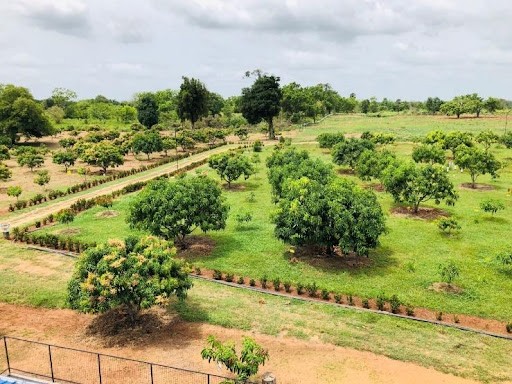
2023-08-07
SenzAgro-Case Study will help you increase your mango yield
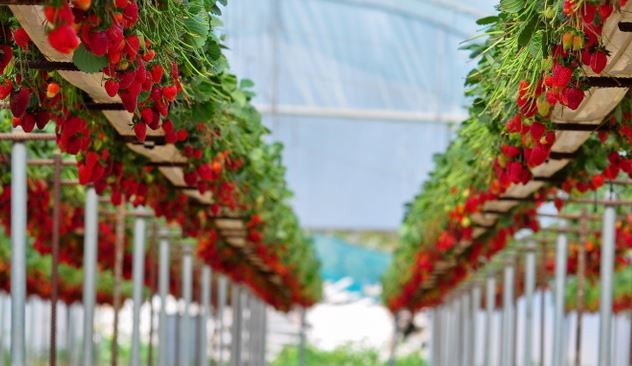
2023-08-07
SenzAgro Technology's Strawberry Cultivation Case Study Might Help You Get Started
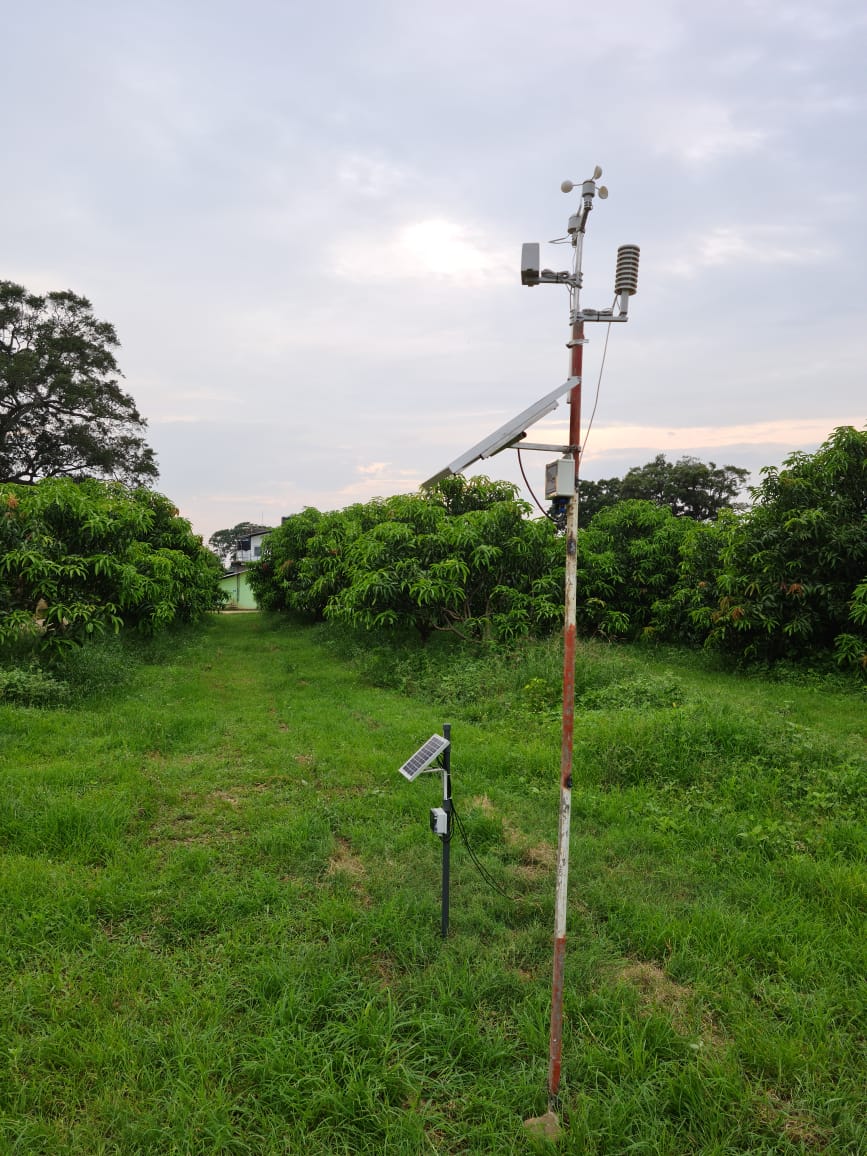
2023-08-07
Does changing weather pose a threat to agriculture? NO LONGER!
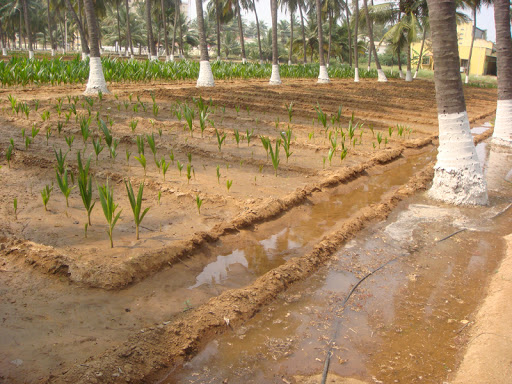
2023-08-07
Techniques for smart farming and automated irrigation to improve coconut/palm cultivation.

2023-08-07
Technology for oyster mushroom agriculture to get the best yield.
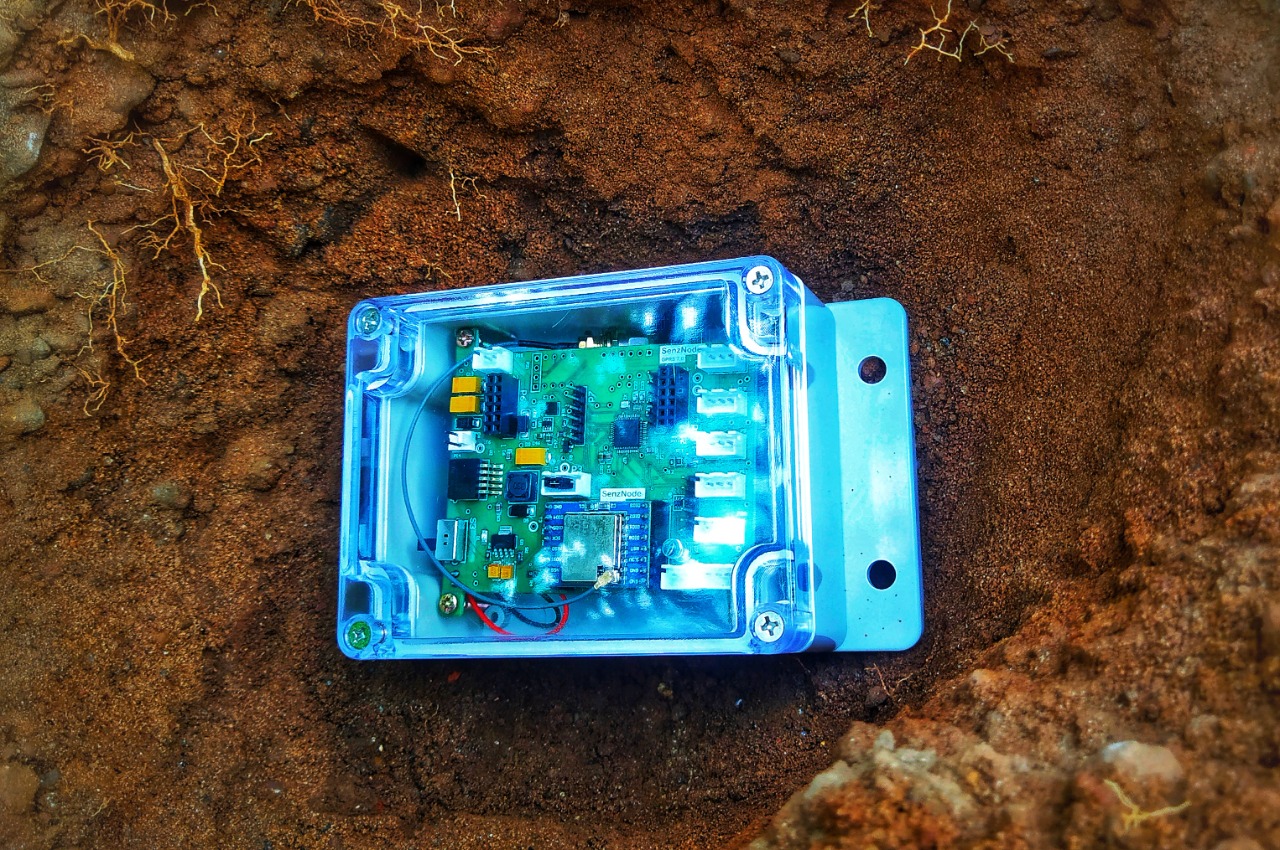
2023-08-07
